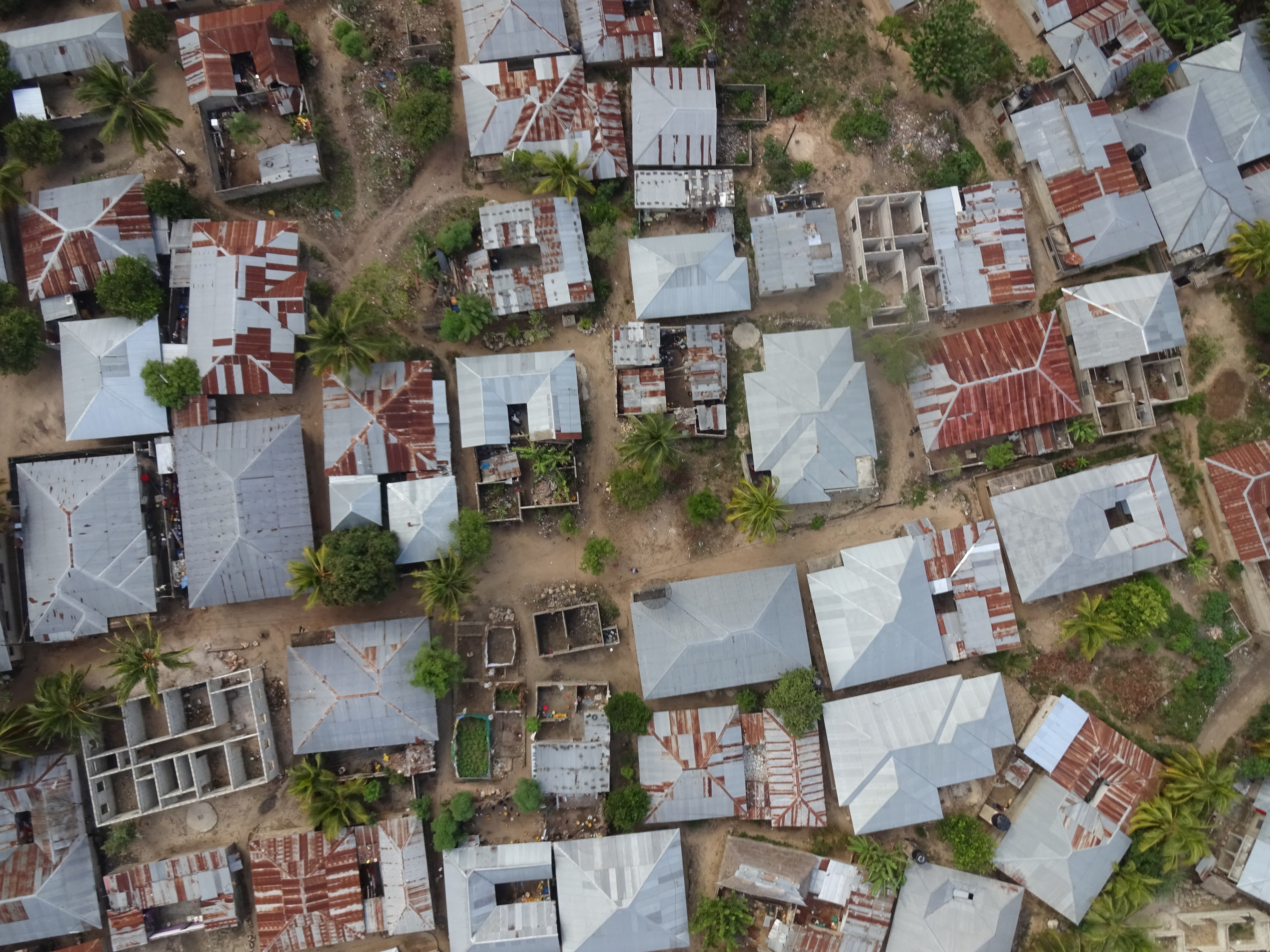Strategic Sector Cooperation (SSC) is a government-to-government cooperation within a specific sector. It is a central instrument for the Danish foreign and security policy and development cooperation, and also paves the way for Denmark’s economic diplomacy.The cooperation is between Danish public authorities and national partner authorities and promotes equal partnerships.
The SSC creates alliances by sharing expertise and experiences through peer-to-peer collaboration within policy development, regulation, planning, enforcement and implementation.
The primary aim of the SSC instrument is to help strengthen the capacity of the national partner authorities in improving framework conditions and related product or service delivery to enhance partner countries’ inclusive, just and sustainable social and economic development and green transition. This is done by engaging Danish authorities in sharing relevant experiences and competencies. The secondary aims of the SSC instrument are to strengthen Denmark’s bilateral diplomatic relations, including climate diplomacy, and to pave the way for further engagement and use of Danish technology and knowledge on a commercial basis in the countries in the longer term.
The SSC instrument focuses on sectors where Danish public authorities have knowledge and expertise that are in demand internationally. These include for example energy, water, environment, urban development, maritime affairs, health, food, statistics, education, intellectual property rights and agriculture, and cross-cutting themes such as the green transition, good governance, and sustainable economic growth.
The foundation of the SSC instrument is an equal partnership between Danish public authorities and public authorities in partner countries, which is reflected in peer-to-peer collaboration between public sector experts working for similar authorities in their respective countries. As such, the starting point of each cooperation is a match between the demand and priorities of the authority in the partner country, based on nationally identified issues in the local context, and Danish best practices and solutions as per the Danish public authorities’ competencies and expertise.


